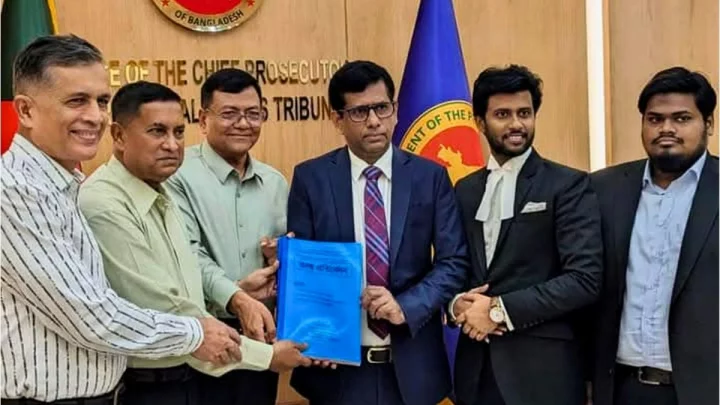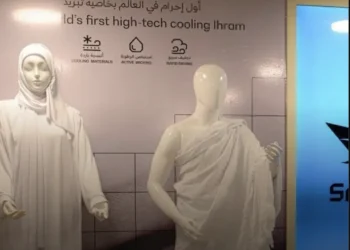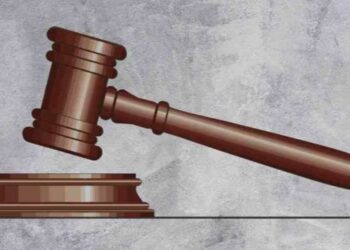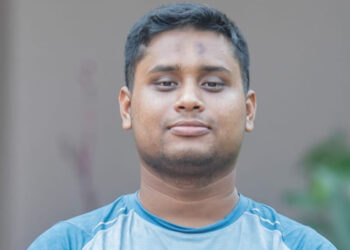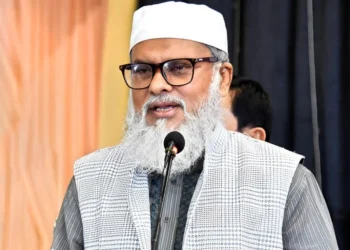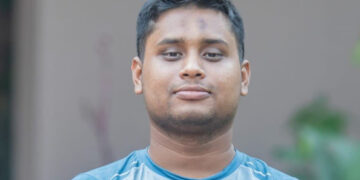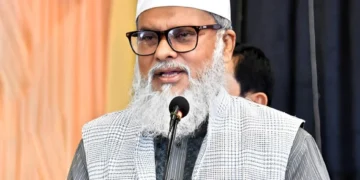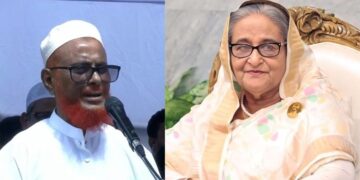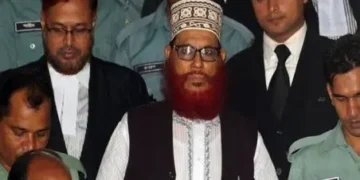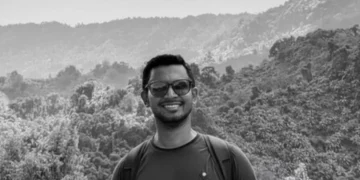In a significant development, the Investigation Agency of the International Crimes Tribunal (ICT) has formally submitted Investigation Report against former Prime Minister Sheikh Hasina over alleged crimes against humanity during the July-August massacre, marking a pivotal moment in Bangladesh’s justice system.
The report was submitted on Monday afternoon (May 12) at the Office of the Chief Prosecutor in Dhaka. According to sources familiar with the investigation, the report names Sheikh Hasina as a key figure who allegedly ordered the attacks that led to the deaths of numerous unarmed students and civilians during the anti-discrimination movement that swept across Bangladesh last year.
Chief Prosecutor Mohammad Tazul Islam is scheduled to address a press conference at 1 PM today, where he will detail the findings of the investigation and outline the next steps in the legal process.
Earlier, in a social media post, Tazul Islam stated, “With this report now submitted, we hope to formally file charges against Sheikh Hasina, paving the way for the beginning of a full trial. Justice for the July massacre must begin, Insha’Allah.” He also confirmed that investigations into the Chankharpul killings, allegedly involving senior police officers, have been completed and formal charges are expected to be filed within this week.
A previous directive from the Tribunal had ordered that the investigation against Sheikh Hasina, filed earlier this year on February 18, be completed by April 20. The order came from a three-member bench headed by Justice Md. Golam Mortuza Mojumder.
This case is not the only one implicating the former prime minister. In a separate complaint filed on December 17 of last year, Sheikh Hasina, Awami League General Secretary Obaidul Quader and 44 others were accused of involvement in politically motivated violence. The Tribunal had instructed investigators to conclude that probe within two months.
The July-August violence, which unfolded during a nationwide student-led movement demanding equal rights and justice, saw security forces open fire on peaceful demonstrators across Dhaka and other cities. Human rights organizations and eyewitnesses have described the actions as deliberate and systematic. The investigation claims that the orders for the deadly crackdowns originated from the highest level of the then-government, with Sheikh Hasina allegedly at the helm.
Read More: Musa Says “Mommy” After 9 Months Precious Moment for His Mother
Following mounting public pressure and international condemnation, the Hasina administration collapsed on August 5. A caretaker government was subsequently formed under the leadership of Nobel Laureate Dr. Muhammad Yunus, who pledged to initiate a comprehensive judicial process to address the atrocities committed.
Legal analysts have described this case as unprecedented in Bangladesh’s history. “This is a watershed moment,” said one senior legal expert. “We are witnessing the possibility of holding top-level leadership accountable for human rights violations something that was once unimaginable in our political context.”
However, the development has not come without controversy. Supporters of the former ruling party have labeled the process as politically motivated, questioning the credibility of the investigation and suggesting it is being used as a tool of vengeance.
As the Chief Prosecutor prepares to make the findings public and the formal charges are expected soon, the country stands at a critical legal and moral crossroad. The outcome of this case could reshape Bangladesh’s justice system and political narrative for years to come.
The submission of the Investigation Report against Sheikh Hasina marks a historic step toward justice in Bangladesh. For too long, victims of state-sponsored violence have awaited accountability. This report brings hope that no one is above the law, regardless of power or position. Justice is not about revenge, it’s about truth, healing, and preventing future atrocities. As the legal process unfolds, the nation watches with hope that justice will finally be served for the people, and for Bangladesh.
Share via:

